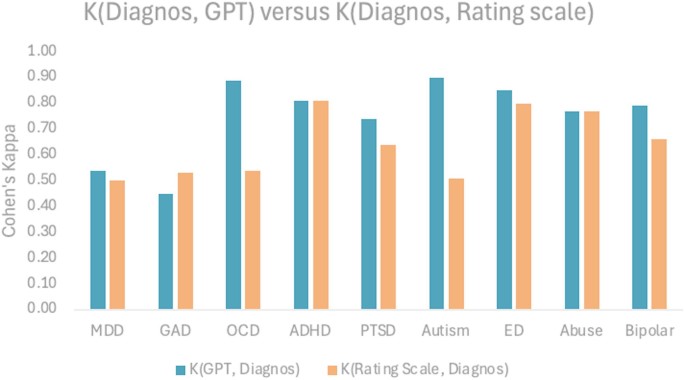The Hidden Struggles of High Achievers

Behind the grades and activities, students are carrying emotional loads that cannot be ignored. And among them, honors students may be facing a perfect storm of internal and external pressure. According to a recent report from the Center for Collegiate Mental Health, college students are struggling with depression, anxiety, and stress.
In 2024, I co-authored an article with my colleague, Alicia Shenko, Ph.D., in the Journal of the National Collegiate Honors Council. The pressures that honors students face require a nuanced understanding. Often seen as the high achievers in academic settings, honors students are typically driven, ambitious, and academically motivated. However, their success often masks an invisible weight: The stressors of emerging adulthood combined with academic expectations can leave them particularly vulnerable to anxiety, depression, and emotional burnout. Alanabeth Duncan, a first-year student in the academic honors program at Morehead State University, noted, “The honors culture can contribute to stress largely because of competitiveness and perfectionism. The desire to be perfect in your field can be overwhelming at times, along with feelings of imposter syndrome.”
Students, academic institutions, honors programs, and families can pay attention. Beyond GPAs and accolades, honors students need human connection. Whether it’s faculty who invest in student growth, peers who offer mutual support, or parents who remain involved in healthy ways, meaningful relationships are central to student well-being. Duncan specifically looked for an honors college program that provides this kind of support. “I find connections with faculty, friends, and family extremely important for success in college,” she explained.
Kathleen McGeoy, a senior in Delaware Valley University’s honors program, agrees, “Staying connected keeps me grounded and helps me put things into perspective when the pressure builds. That support makes it easier to handle the ups and downs.” Duncan concurs, “In the honors program, I have found a small community that promotes healthy relationships with peers and faculty members.”
In a culture that often equates worth with performance, honors students can internalize pressure to always excel. They’re navigating the same developmental challenges and emotional vulnerabilities as their peers, often with less room for failure. Institutions must offer ways for faculty, peers, and families to take active roles in supporting students’ mental health. McGeoy hopes that “we can build a culture where it’s okay to talk about stress and failure openly. If we treated mistakes as opportunities to grow, students could approach learning with more confidence and less fear.”
Open conversation offers validation and support to students who may feel isolated in their struggles. Academic success should never come at the cost of emotional well-being.
If you or someone you know may be facing depression or other mental health challenges, help is available. To find a therapist, please visit the Psychology Today Therapy Directory.
link






